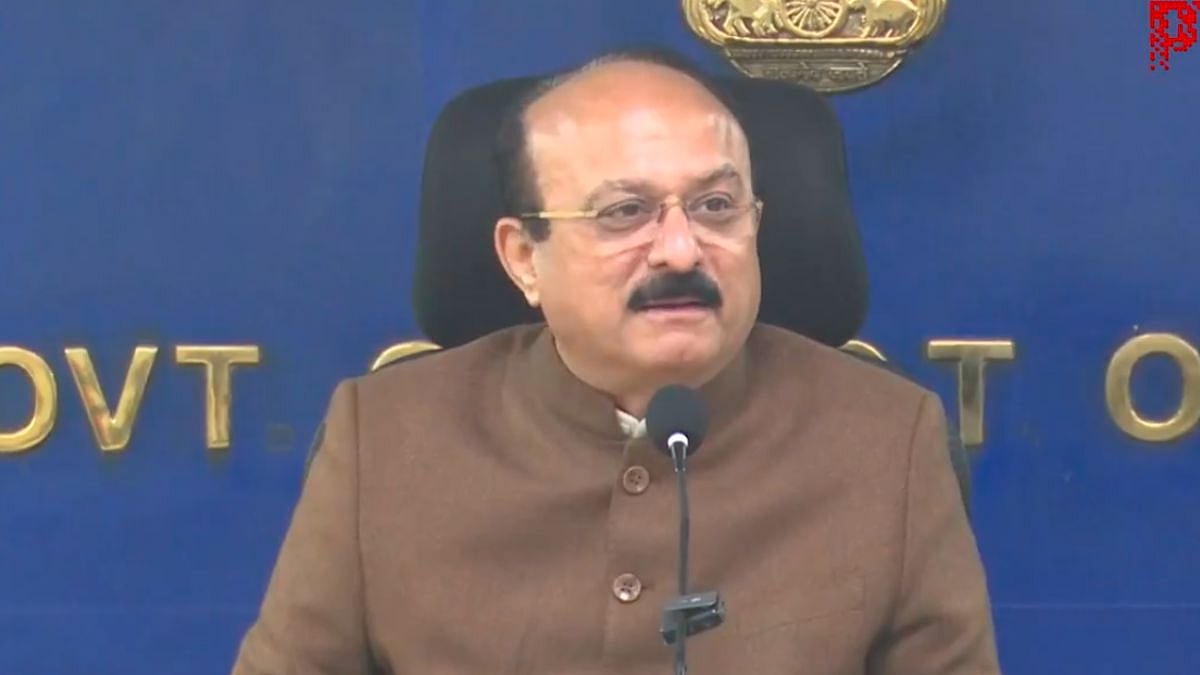The Delhi High Court on Tuesday observed that as per Mohammedan Law - the Muslim Personal Law (Shariat) Application Act, 1937 - a minor girl below the age of 18 can marry without the consent of her parents, according to a news report.
The court also observed that she would retain the right to cohabit with her husband, even if she is below the age of 18.
The plea, which was moved by the couple seeking directions to ensure that nobody could separate them, was heard by Justice Jasmeet Singh, who granted the couple protection as per the existing law of the land.
The girl's parents had reportedly been opposed to the marriage, and had registered an FIR against the husband under Section 363 of the IPC (kidnapping). Subsequently, the parents filed further charges under Section 376 of the IPC (rape) and under Section 6 of the POCSO Act (aggravated penetrative sexual assault).
The Shariat can be roughly explained as the provisions in the Quran as well as the teachings and practices of Prophet Mohammad. However, the origin, evolution and the applicability of the Shariat is far more twisted than that.
Article 14 of the Indian Constitution grants “equal protection of law” to all its citizens. But when it comes to personal issues(marriage, divorce, inheritance, custody of children,etc), Muslims in India are governed by the Muslim Personal Law which came into force in 1937.
Let us know how did Muslim Personal Law originate and what it is:
How was the Muslim law applied in India?
The Muslim Personal Law (Shariat) Application Act was passed in 1937 with the aim to formulate an Islamic law code for Indian Muslims. The British who were at this point in time governing India, were trying to ensure that Indians be ruled according to their own cultural norms. When it came to distinguishing between laws made for the Hindus and those for the Muslims, they laid out the statement that “clear proof of usage will outweigh the written text of the law” in the case of Hindus. For the Muslims on the other hand, the writings in the Quran would be of foremost importance.
Since 1937 therefore, the Shariat Application Act mandates aspects of Muslim social life such as marriage, divorce, inheritance and family relations. The Act lays out that in matters of personal dispute the state shall not interfere.
Are personal laws specific to Muslims in India?
Such legislations have been made over the years for other religious groups in India as well, thereby framing separate civil codes for different religions in the country. For instance, the Hindu Succession Act of 1956 which lays out guidelines for property inheritance among Hindus, Buddhists, Jains and Sikhs. While, the Parsi Marriage and Divorce Act of 1936 lays out rules to be followed by the Parsis according to their religious traditions.
The Hindu Marriage Act of 1955 had codified laws related to marriage among Hindus.
Is the Shariat Application Act in India unchangeable?
The applicability of the Shariat Act has been controversial over the years. There have been previous instances when the issue of protection of women’s rights as part of the broader fundamental rights came into conflict with religious rights.
The most well known among these is the Shah Bano case. In 1985, 62-year-old Shah Bano, filed a lawsuit, seeking alimony from her former husband. The Supreme Court, in this case, had held up her right to alimony, but the judgment was vehemently opposed by the Islamic community who considered it to be going against the written rules in the Quran. The case triggered a controversy regarding the extent to which courts can interfere into personal/religious laws.
The Shariat Application Act in India protects the application of Islamic laws in personal legal relationships, but the Act does not define the laws.





